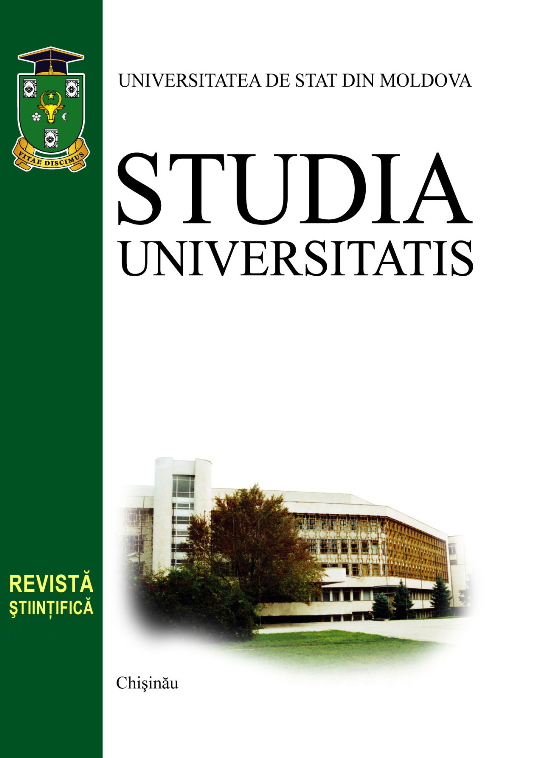CONDIŢIILE DE VALIDITATE A CONTRACTELOR COMERCIALE INTERNAŢIONALE
Lilia GRIBINCEA Catedra Drept Internaţional şi Drept al Relaţiilor Economice Externe
Rezumat
A party may only avoid the contract for mistake if, when the contract was concluded, the mistake was of such importance that a reasonable person in the same situation as the party in error would only have concluded the contract on materially different terms or would not have concluded it at all if the true state of affairs had been known, and a) the other party made the same mistake, or caused the mistake, or knew or ought to have known of the mistake and it was contrary to reasonable commercial standards of fair dealing to leave the mistaken party in error; or (b) the other party had not at the time of avoidance reasonably acted in reliance on the contract. However, a party may not avoid the contract if (a) it was grossly negligent in committing the mistake; or (b) the mistake relates to a matter in regard to which the risk of mistake was assumed or, having regard to the circumstances, should be borne by the mistaken party. A party is not entitled to avoid the contract on the ground of mistake if the circumstances on which that party relies afford, or could have afforded, a remedy for non-performance. A party may avoid the contract when it has been led to conclude the contract by the other party’s fraudulent representation, including language or practices, or fraudulent non-disclosure of circumstances which, according to reasonable commercial standards of fair dealing, the latter party should have disclosed.


